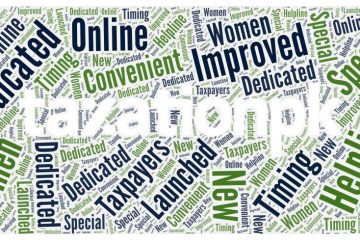The International Monetary Fund (IMF) has arrived in Islamabad to negotiate a bailout package with Pakistan, and their demands include taxing previously exempt groups like pensioners. Here’s a breakdown of the key points:
- Taxing Pensions: The IMF proposes taxing civilian and military pensions, potentially generating PKR 22-25 billion annually. This would eliminate tax exemptions on various pension schemes.
- Increased Taxes for Salaried Individuals and Businesses: The IMF seeks additional tax revenue of PKR 600 billion (0.5% of GDP) from salaried individuals and businesses.
- 24th Bailout Package: These negotiations mark Pakistan’s 24th IMF bailout program, highlighting ongoing challenges in achieving program objectives.
- Focus on FBR Revenue Enhancement: The IMF emphasizes boosting revenue collection by the Federal Board of Revenue (FBR) through new taxes, with PKR 1.3 trillion targeted, half from salaried individuals.
- Potential Impact on Fixed-Income Population: These tax measures could adversely affect pensioners and salaried individuals already grappling with inflation.
Proposed Taxable Pension Income:
- Income tax exemptions for pensioners to be withdrawn.
- Taxing pensions and gratuity starting from the new fiscal year (July 2024).
- Ending tax credits for voluntary payments to workers’ participation funds.
- Reviewing income tax and pension regimes of sole proprietors.
- Taxing contributions to approved Pension Funds.
- Taxing pensions received from former employers.
- Taxing income from SECP-approved Pension Funds.
- Taxing pensions of Punjab, Sindh, and Khyber Pakhtunkhwa (potential revenue: PKR 6-8 billion annually).
- Scrutinizing pension investments in Behbood Savings and Shuhadas Family Welfare Accounts.
The IMF’s proposals aim to increase government revenue but raise concerns about the burden placed on fixed-income groups already facing economic hardship.







